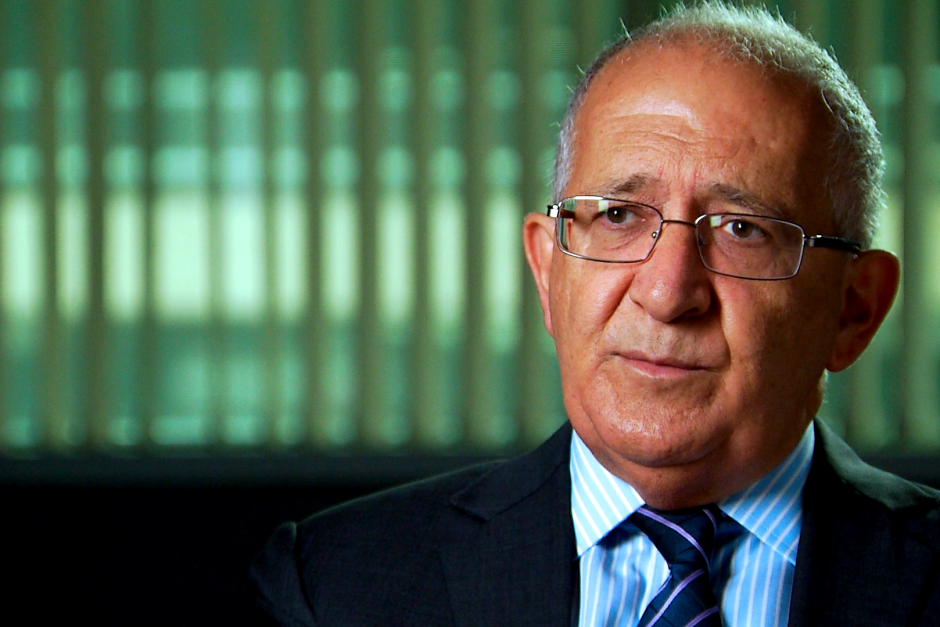The coup on the first of February is clearly a critical event in the history of Myanmar. But it was not sudden. Rather, it is a display of the power of the Myanmar military, the Tatmadaw, consistent with the way in which the Myanmar military has acted throughout the decades and the generations. Since the first of February, we have killings on the streets of Myanmar’s major cities: Yangon, Mandalay, Nay Pyi Taw and others. Perhaps more than 60 deaths already, perhaps significantly more than 60 deaths. This rightly shocks us. But it comes after years of killings by the military, the same military forces, in other parts of Myanmar. In recent months and years, the Rakhine, the Karen, the Kachin, the Chin, the Rohingya and others have experienced death, dislocation and suffering at the hands of the same military. Since the first of February, over 1,200 new political prisoners have been arrested and detained, including one of my fellow Australians, Sean Turnell. But there have always been political prisoners in Myanmar. Political prisoners detained because of their speech, their opposition to dictatorship, and large numbers of people from the ethnic minority areas. The change that occurred on the first of February brings to the forefront the true nature of the Tatmadaw. Not a national army committed to the protection of the people of Myanmar, but a dictatorial force committed to exploitation and repression. And now, all the people of Myanmar recognise this, not just those in the ethnic minority areas. The army has exposed itself to the view to all of Myanmar and all of the world for what it truly is.
The future of Myanmar will be determined by the people of Myanmar. Not any of us who are outside the country. The future is in their hands, and I don’t think we have ever seen such determination on the part of the people of Myanmar to take control of their future, to take it away from the military and to place it where it truly belongs: as part of the sovereignty of the people. We outsiders can seek to do only two things, and I hope this new Special Advisory Council for Myanmar will be part of that. First, we can support and encourage the people of Myanmar as they struggle to determine their future. We call ourselves advisory, because we offer our support, encouragement and advice, when it is sought, to the extent that our experience enables us to provide support, encouragement and advice. The second thing we outsiders can do, is to place as much pressure as possible on the military leadership to stop their repression; to stop the murders; to stop the arrests; to stop the corruption and economic impoverishment of the people of Myanmar for the enrichment of the generals and the military.
Our Special Advisory Council for Myanmar will seek to do as much as we can to deter the military through international organisations: by providing advice to the United Nations, to Governments, to civil society outside Myanmar, and particularly to respond to the increasing interest from businesses about changing nature of their work in Myanmar – their investment and economic engagement in Myanmar – so that the military which in the past has sought to enrich itself has its money supply cut off. Our commitment today is to support the people of Myanmar as they try to seize their future, and to try to build as much external pressure as possible on the Tatmadaw so that they will stop. That’s our commitment and that’s our hope. Thank you.


